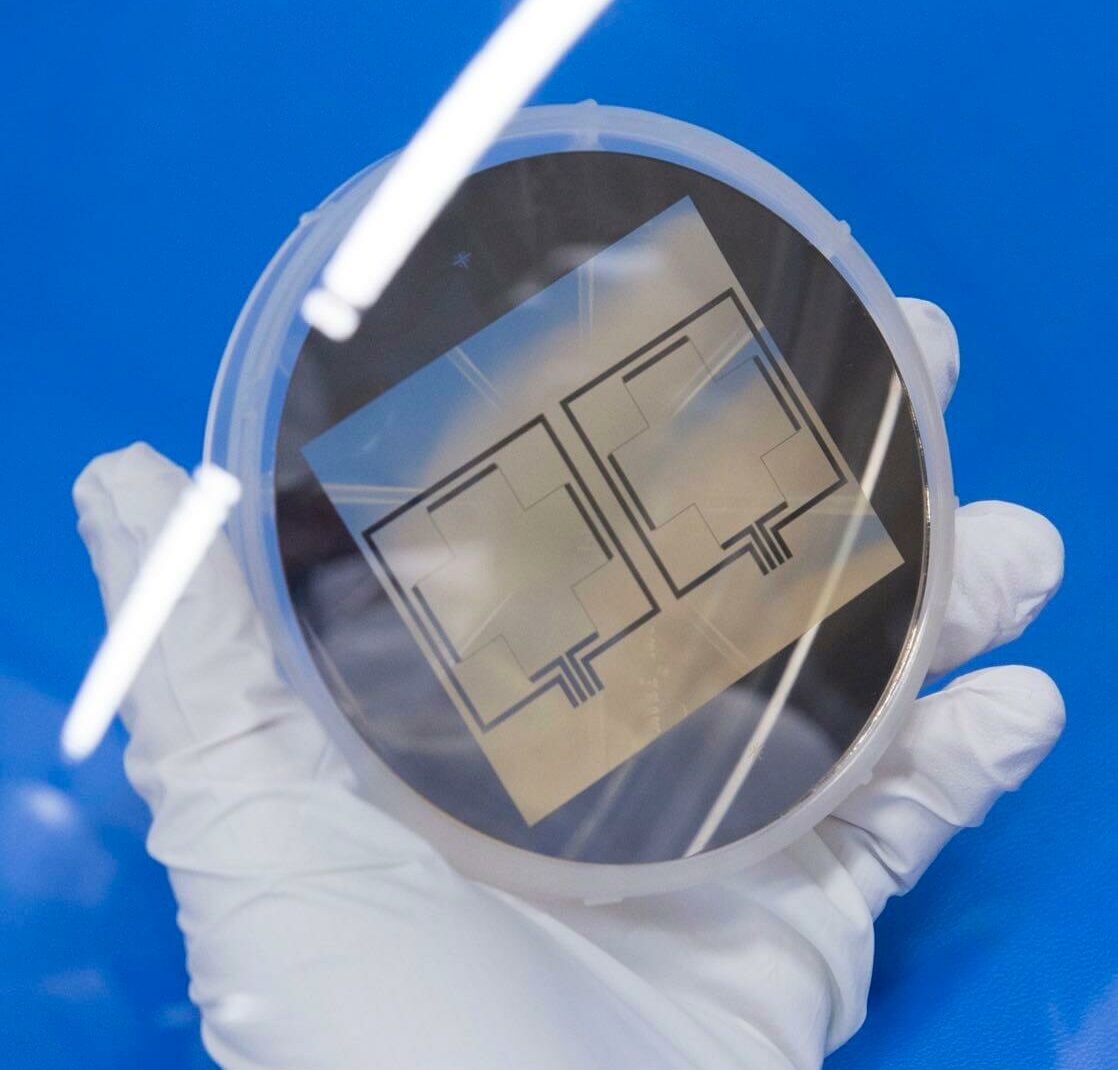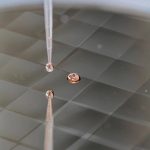- Home
- Research
- Quantum Detection
- Work-Groups
- Biopolarisation
Biopolarisation
The scientific profile of the research group Biopolarisation aims at the application and further development of a novel technological approach (PiFM, Photoinduced Force Microscopy), which utilizes the interaction of the electromagnetic near-field of optically polarised biological species with a conductive tip of an atomic force microscope for characterizing the biological species. The PiFM signal evaluation is independent of noisy scattering light which otherwise contributes to the signal in the frequently used optical evaluation methods. Thus, it provides accuracies enhanced by several orders of magnitude. The new scientific approach complements investigation methods for the characterization of biological species that are already established at the Leibniz-IPHT. A further scientific topic is the characterization and improvement of chips with implanted pattern of near surface charges. Preliminary investigation of such PolCarr@-CHIPs demonstrated stable adsorption of DNA single strands (-) at the regions with positive charge pattern (-). This opens up a large variety of promising possibilities for specific adsorption of biological species. In particular, it allows for characterization and counting of biological species directly adsorbed from solution on the surface of the PolCarr@-CHIPs by impedance measurements without the necessity of drying the sample Gained interest? Our group is developing and we are looking forward to further collaborations. In particular, we welcome students for Bachelor and Master projects.
Research topics
- Investigation of the optical polarisability of biological species on µm and nm scales
- Developing new diagnostics for correlating the optical polarisability of selected biological species with their pathological features
- Establishing a database for the optical polarisability of biological species in relation to questions of pathological interest
- Detection of early pathological protein aggregation ex vivo for understanding pathological pathways
- Application of photo-induced force microscopy and polarisation resolved fluorescence microscopy for advanced imaging of biomedical samples.
- Characterization and further development of volume functionalised carrier materials using tailored near surface electrostatic forces for specific adsorption of biological species
Collaboration
- Besides several in-house collaborations, we work together with several research groups at the Friedrich-Schiller University Jena and with the Clinical Spectroscopic Diagnostic group, Jena University Hospital
Areas of application

- Screening of pathological species in bodily fluids for diagnostics of infections
- Understanding pathological pathways which are related to pathological bacteria aggreagtion
- Biochemical, nanoscale characterization of surfaces using photo-induced force microscopy in the context of biomedical research
- Counting of biological species using impedance measurements


